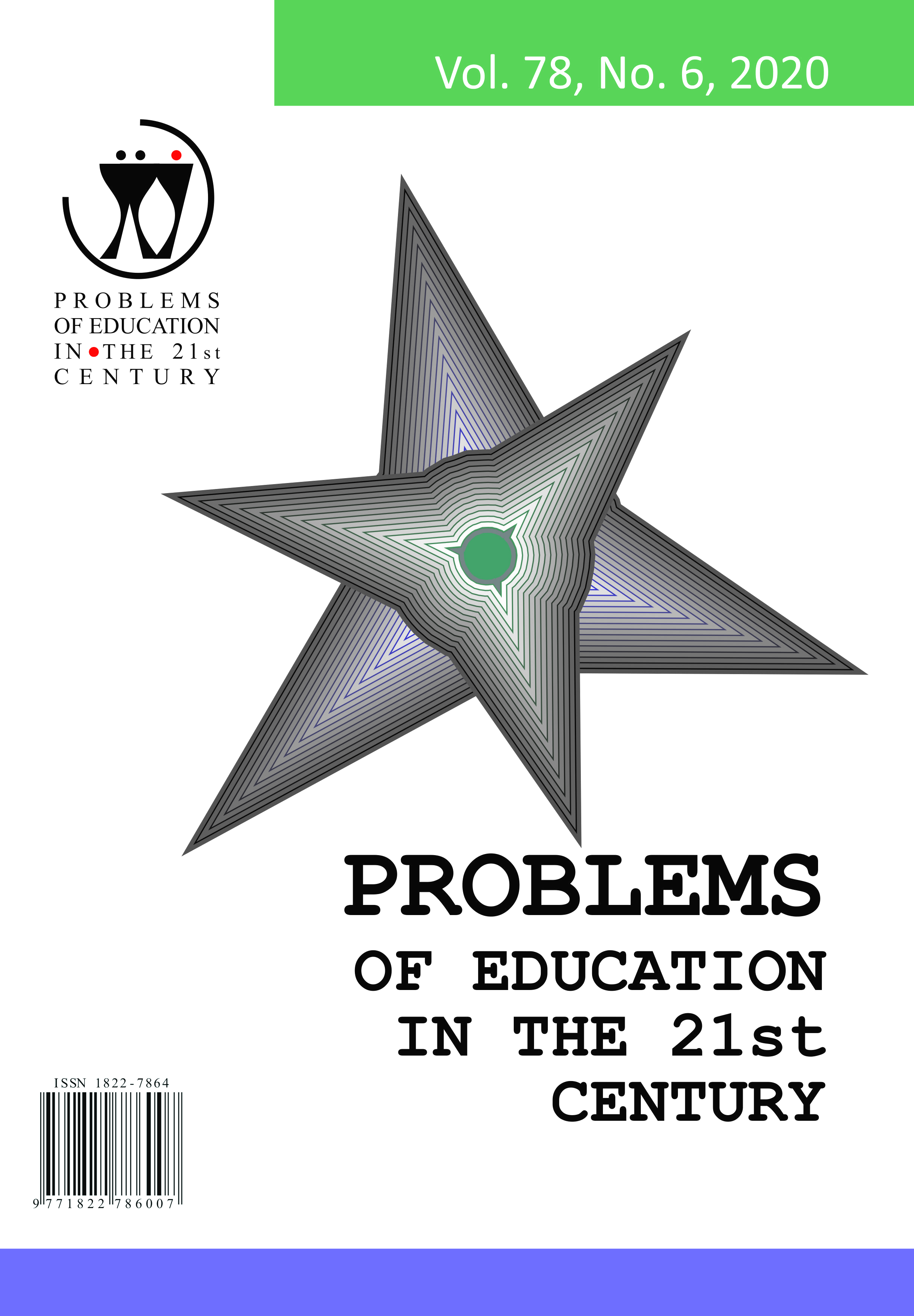INFLUENCE OF ORGANISATIONAL FACTORS ON THE IMPLEMENTATION OF PHYSICAL EDUCATION IN EUROPEAN TERTIARY INSTITUTIONS
INFLUENCE OF ORGANISATIONAL FACTORS ON THE IMPLEMENTATION OF PHYSICAL EDUCATION IN EUROPEAN TERTIARY INSTITUTIONS
Author(s): Robert Podstawski, Krzysztof Borysławski, Marta Zurawik, Alena Bukova, Bojan Mašanović, Ferenc Ihasz, Miloš Marković, Aneta OmelanSubject(s): Social Sciences, Education, Higher Education
Published by: Scientia Socialis, UAB
Keywords: higher education; university college students (UCS); physical education; European tertiary institutions; PE curriculum; organisational factors;
Summary/Abstract: The purpose of higher education is to produce active and intellectually well-rounded individuals yet, the transition to higher education seems to have deleterious effects on university and college students’ (UCS) fitness levels and physical activity (PA). The aim of this quantitative research was to analyse the influences of organisational factors on the implementation of physical education (PE) among UCS in European tertiary institutions. A purposive sampling method was employed. Seven academic peers gathered information on characteristics of tertiary institutions, sport and leisure facilities, types and characteristics of PA programs available for UCS in 66 European tertiary institutions. The results suggested that the curricula requirements for PE in public tertiary institutions were similar to private establishments, with minor administrative variations. Public tertiary institutions had significantly higher number of PE hours and PE sessions per semester, PE minutes per academic hour, duration of PE session, number PE teachers and number of students per one PE teacher. Universities had significantly higher number of PE semesters, PE minutes per academic hour, and hired more PE teachers. The organizational differences between public and private institutions might be explained by a lack of clear guidelines regarding PE curricula in higher education across European countries, and greater autonomy of the private tertiary institutions. Moreover, PA programs in higher education adhere to minimum requirements of the syllabi, which restrict total amounts of PE among UCS. Thus, it is recommended PE classes should become obligatory, with extended hours, appropriately qualified teachers and improved financing.
Journal: Problems of Education in the 21st Century
- Issue Year: 78/2020
- Issue No: 6
- Page Range: 1027-1037
- Page Count: 11
- Language: English

